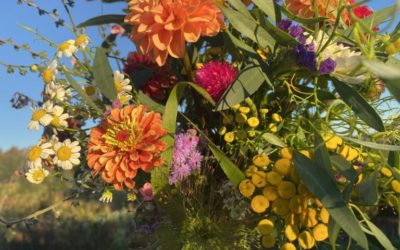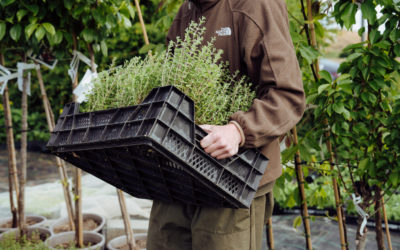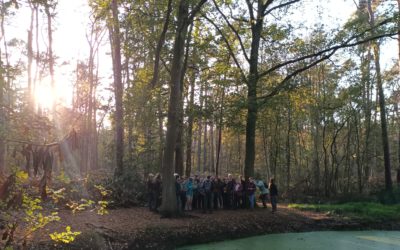Biodynamic, local and seasonal flower cultivation/therapy gardens.
Ma parcelle en réserve naturelle
The project
Currently, although nature reserves in the Walloon Region are constantly increasing in number, they represent barely 1% of the territory. However, private owners and managers of rural land hold vast areas of land with considerable ecological potential, which they would like to see integrated into the network of nature reserves. This would enable them to enhance the value of plots that are unproductive or of little value and/or of biological or heritage interest by transforming them into nature reserves.
However, these owners and managers face obstacles when they seek to voluntarily enter their land into the approval process as nature reserves, while preserving their property rights.
In order to enable rural landowners and managers to actively participate in biodiversity conservation without sacrificing their property rights, the SRFB, in collaboration with agricultural and forestry representatives, environmental associations and universities, has launched the ‘My plot as a nature reserve’ project. The aim of this project is to create a structure that facilitates the placement of private land under strict protection status.
This structure, currently under development, should enable the legal and social recognition of plots of land with ‘approved nature reserve’ status, in order to provide owners with the means to manage them appropriately or to delegate this management to a competent entity. Indeed, the protection of biodiversity requires the active commitment of forest owners and farmers.
The project was launched in September 2023 and has been funded for a period of one year. During this period, 30 landowners have been identified and have dedicated 5% of their land to biodiversity, representing nearly 410 hectares of pilot plots. The obstacles and levers for setting aside land were identified, and the legal basis for creating the entity was established. The SRFB is currently working on restarting this project, with a view to establishing a new status that will officially recognise these areas, giving them a level of protection comparable to that of nature reserves.
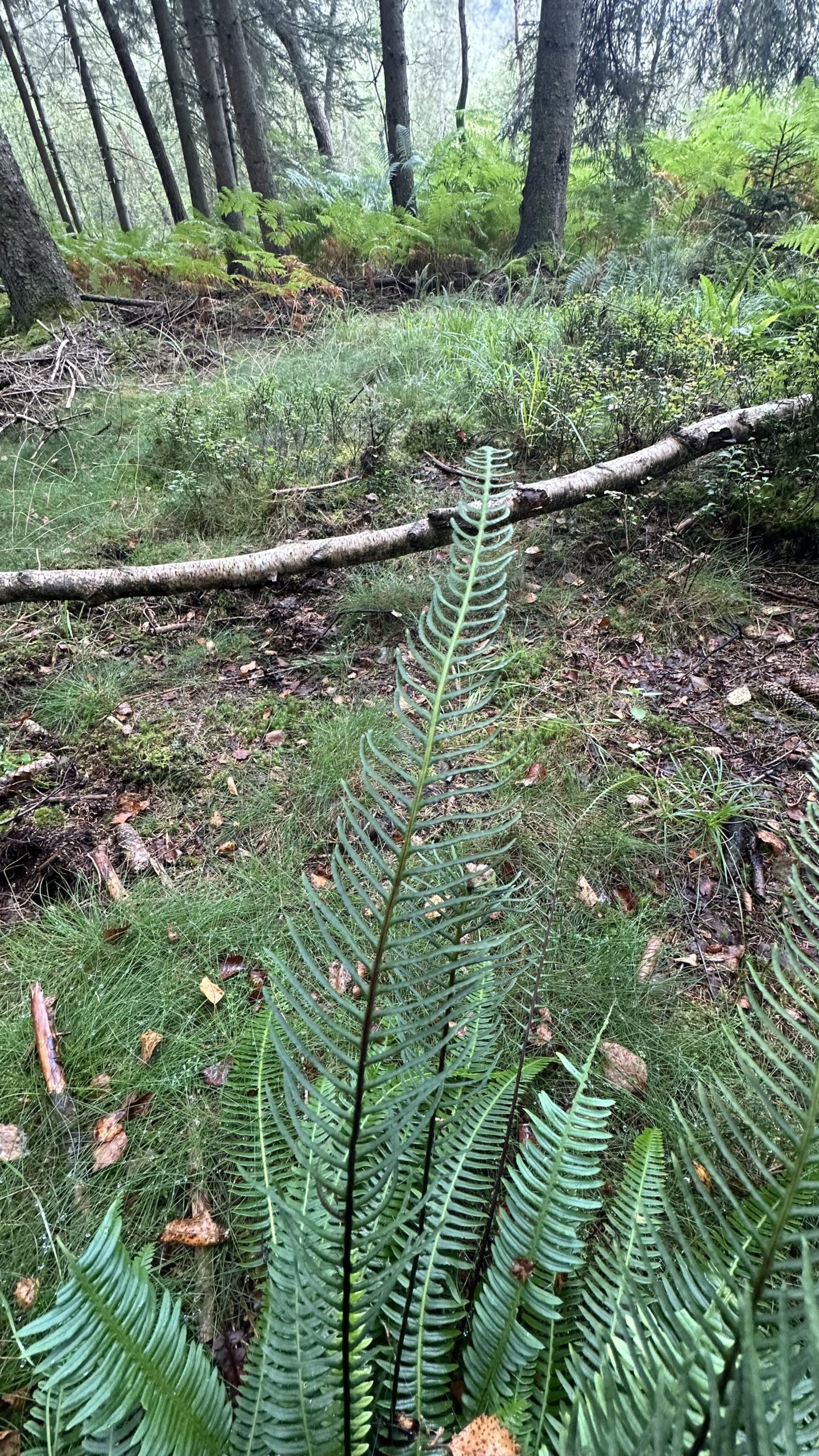
Project location
Contribution(s)
Project costs
Participant(s)
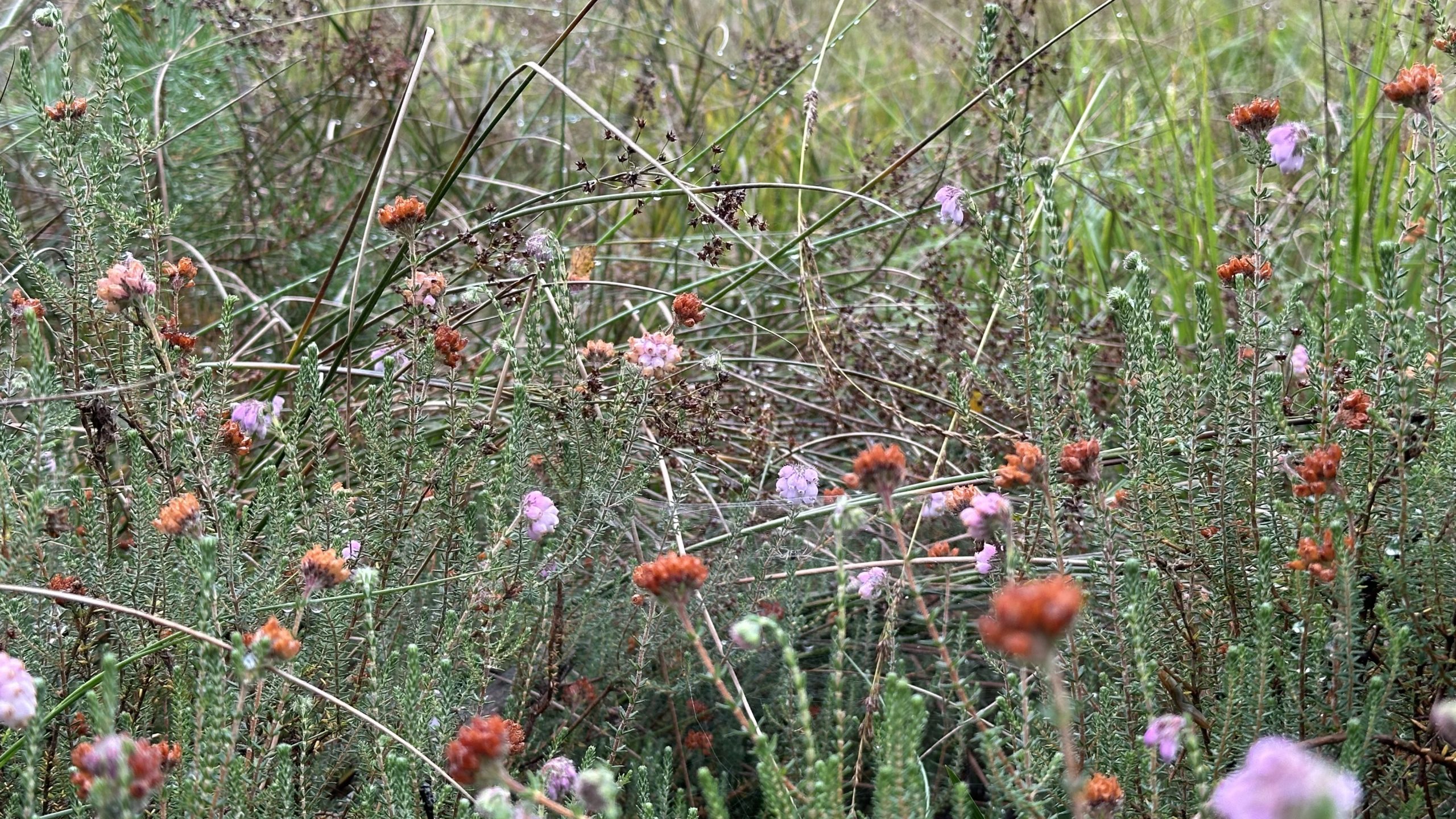
The partners in this first phase of the project (a one-year feasibility study) were the SRFB (project leader), the University of Liège, UCL, NTF, FWA, CANOPEA, ECOFIRST and the office of notary Pierre-Yves Erneux.
This first year of the project was funded by a grant from the SPW.
How are the criteria of the objective met?
Primary production areas
- Use biodiversity-inclusive production methods: rotation of crops/trees, crop mixtures, permanent plant coverage, agroforestry/ecology, reduced tillage, biodiversity-oriented management, no pesticides/chemicals, non-chemical production, organic production/manure, nature-based solutions, ecosystem restoration, reforestation with local and mixed tree species, …;
- Develop the land by incorporating biodiversity and provide an area dedicated to biodiversity (e.g. additional flowerbeds, absence/reduction of tillage/mowing/management in a certain area, insect hotel, reorganization of mining sites);
- Have respect for and/or improve the environmental and ecological characteristics of the area;
- As much naturalness as possible/as little alteration as possible of the surrounding environment (landscape, quality of water, of soil, …).
Possible initiatives in which the project is involved :
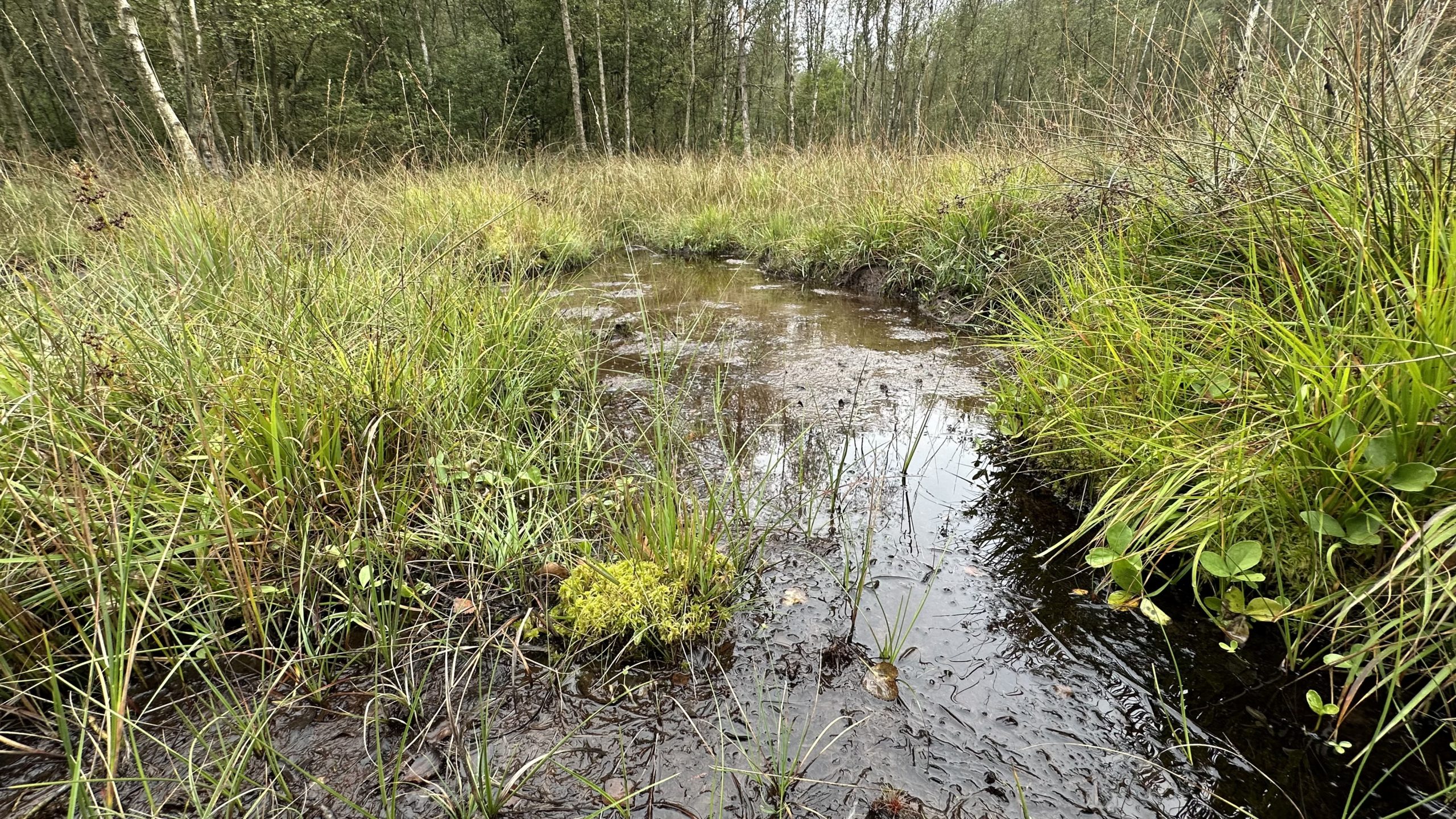
Long-term maintenance
Landowners remain responsible for maintenance, as they retain ownership of the land. The SRFB implements a management plan with the help of experts to guide them.
Benefits
51% of Walloon forests are privately owned. If the Walloon Region wishes to achieve its subjective goal of increasing the number of nature reserves by 2030, private landowners have a key role to play. Without selling their land, they can contribute to the goal of greater nature conservation through this project.
Other projects linked to the objective: "Primary production areas"
Ecoflora
An ecological nursery, garden shop, and webshop where you will find plants, products, and expertise for creating a natural garden.
De Wase forest renovation
Convert poorase coniferous forests to biodiverse, climate-robust, mixed deciduous forests.
